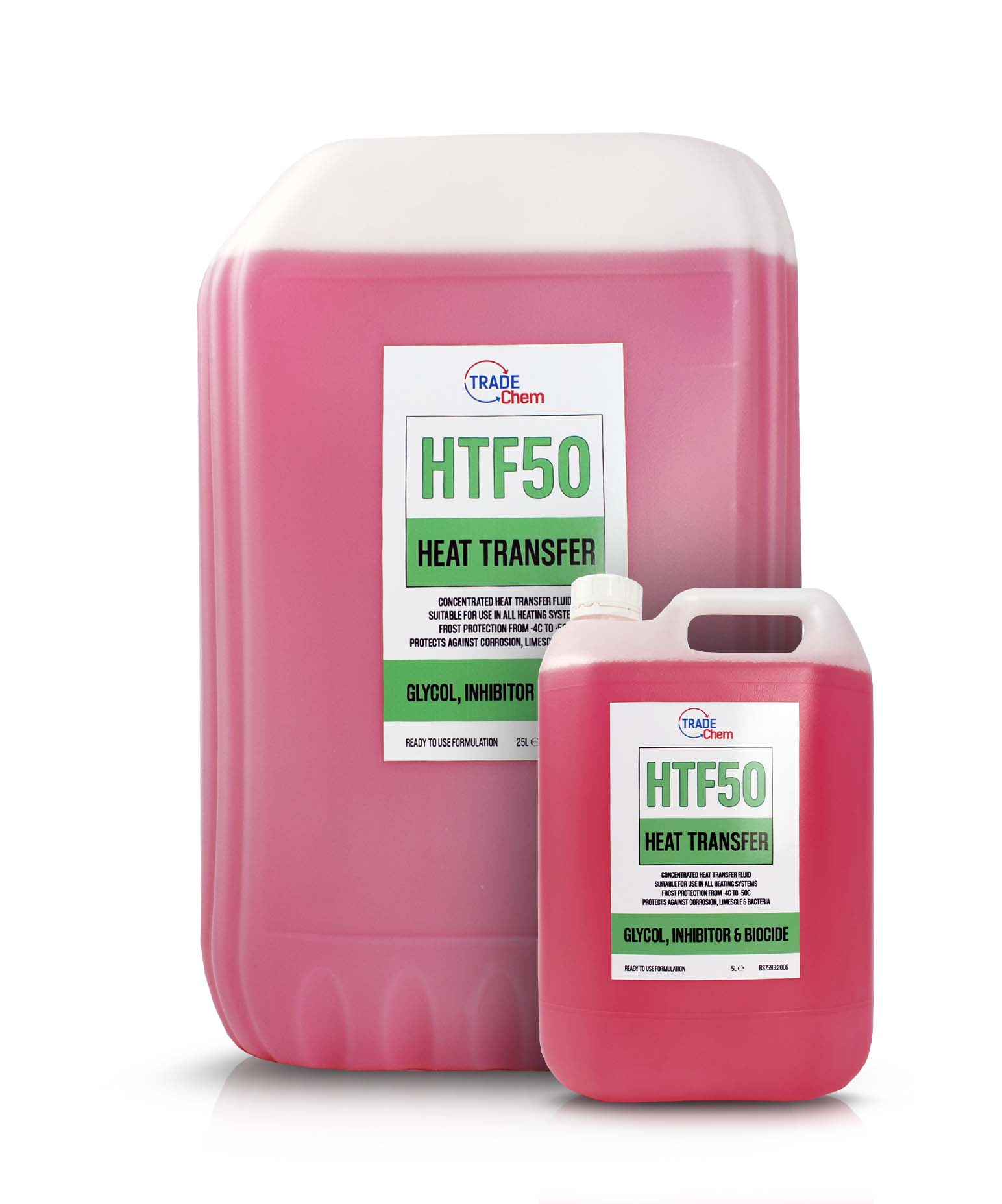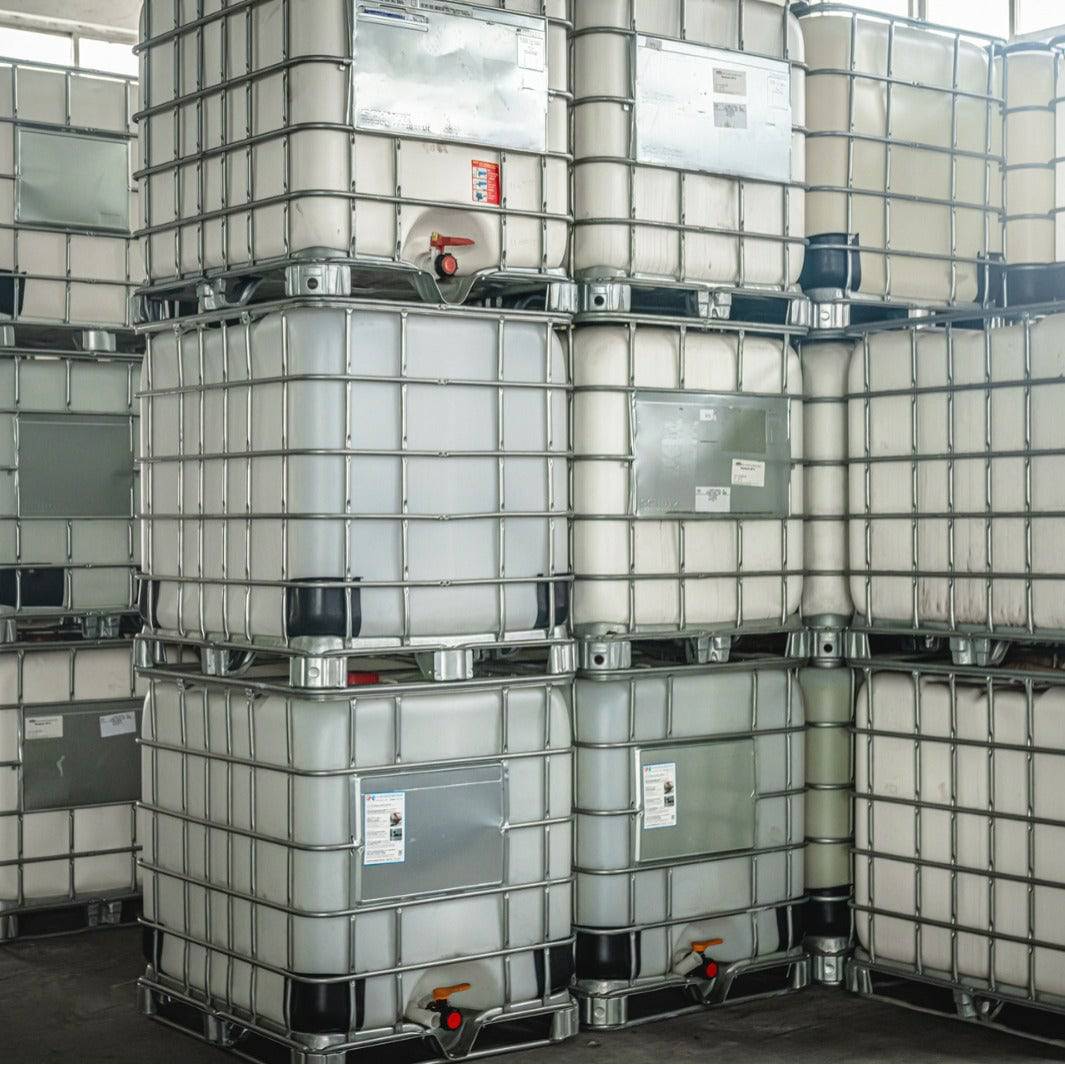Heat Transfer Fluid: Necessary for Enhancing Industrial Heating and Cooling Solutions
Heat Transfer Fluid: Necessary for Enhancing Industrial Heating and Cooling Solutions
Blog Article
Why Heat Transfer Fluid Is Necessary for Optimizing Energy Transfer in Solution
The duty of warmth transfer liquids in enhancing power transfer is pivotal for achieving effective thermal administration throughout numerous commercial markets. These liquids facilitate seamless heat exchange, making certain procedures run within optimum temperature arrays and reducing the danger of overheating. Their choice, based upon variables like thickness and thermal security, straight affects the effectiveness and sustainability of a system. Nonetheless, the details of picking the right liquid are frequently ignored. What are the crucial factors to consider for this option, and just how do they influence both economic performance and environmental duty in industrial applications?

Duty in Thermal Monitoring
Heat transfer fluids play an important role in thermal administration by efficiently managing temperature levels in numerous commercial processes and systems. These specialized fluids help with the transfer of heat in between various components, ensuring optimum operating problems and stopping getting too hot. By preserving accurate temperature control, heat transfer fluids make it possible for sectors such as chemical production, oil and gas, and power generation to operate securely and successfully.
The option of an ideal warm transfer fluid depends on several variables, consisting of thermal security, heat capacity, and thickness. High thermal security makes certain that the fluid can withstand severe temperatures without weakening, while a high warm capacity permits it to take in and release considerable amounts of warm - heat transfer fluid. Low thickness decreases the power required for pumping, adding to general system performance
In addition, warm transfer fluids are important in applications like refrigeration, where they assist take in and dissipate warmth throughout the cooling cycle. In solar thermal power systems, these liquids capture and transport solar warm to generate electrical energy or offer warm water. Their versatility to diverse operating problems and capacity to maintain regular thermal performance emphasize their significance in industrial thermal administration, helping with operational connection and enhancing precaution.

Enhancing System Effectiveness
To maximize the benefits of thermal administration, boosting system performance through the tactical use of warm transfer fluids is paramount. By check that maintaining optimal temperature levels, warm transfer fluids aid ensure that systems operate within their designed parameters, thereby stopping getting too hot and decreasing the danger of component failure.

Sorts Of Heat Transfer Liquids
The diversity of warm transfer fluids underscores their vital role in a range of commercial applications, each customized to satisfy details thermal monitoring demands. These liquids assist in effective energy check my source transfer and are picked based upon essential residential or commercial properties such as thermal stability, viscosity, and warmth capability. The primary types consist of water, glycol options, oils, and synthetics, each offering unique advantages.
Water is the most typical heat transfer tool due to its high particular warmth capacity and reduced cost. Mineral oils are preferred for their thermal security and non-corrosive nature, making them suitable for high-temperature applications.

These fluids guarantee premium efficiency in systems where typical liquids might stop working. The choice of a warm transfer fluid is vital, as it influences system performance, safety and security, and long life.
Environmental and Economic Perks
Making use of the best warmth transfer fluids supplies considerable environmental and financial advantages for commercial procedures. Environmentally pleasant heat transfer liquids, commonly naturally degradable from this source and non-toxic, decrease the danger of dirt and water contamination in the occasion of leaks or spills, thereby securing communities and abiding with strict ecological guidelines.
Financially, the right warmth transfer fluid can significantly lower functional costs. Fluids with extended lifecycle performance decrease the frequency of substitutes and upkeep, minimizing downtime and associated prices. In general, the critical usage of optimal warmth transfer fluids sustains sustainable economic growth and ecological stewardship.
Choosing the Right Fluid
How does one browse the intricate procedure of selecting the appropriate heat transfer fluid for commercial applications? Thermal security guarantees the liquid can hold up against high temperatures without breaking down, while compatibility stops corrosion or various other damaging reactions with system parts.
Additionally, the liquid's warm capability and viscosity are vital. A high heat capability permits the liquid to take in and transfer even more energy, improving performance.
Verdict
The critical choice and application of heat transfer fluids are basic to enhancing power transfer across various systems. By ensuring high thermal stability and capability, these fluids give specific temperature control and enhance general system performance. This optimization adds to decreased functional prices and reduced greenhouse gas emissions, thus advertising sustainability. The choice of fluid, customized to details thickness and functional demands, is crucial for making the most of performance and accomplishing financial and environmental benefits in commercial processes.
Report this page